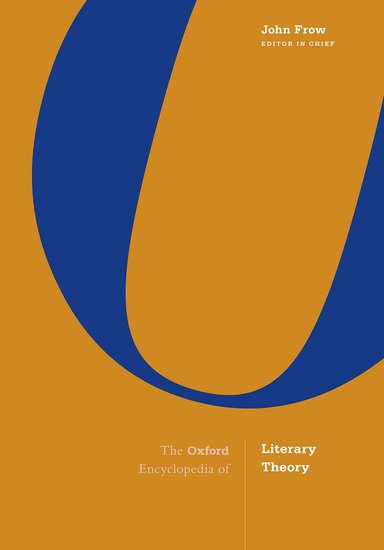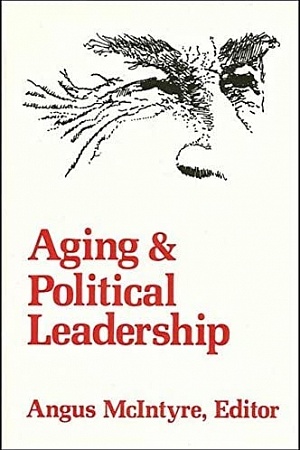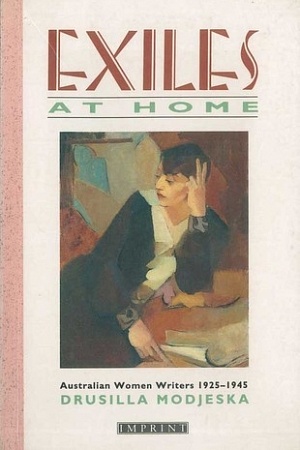The Oxford Encyclopedia of Literary Theory
Oxford University Press, £515 hb, four volumes, 3,140 pp
Conceptual applecarts
Coming in at 3,140 pages spread over four chunky volumes and featuring essays by 181 contributors, The Oxford Encyclopedia of Literary Theory is in every sense a weighty articulation of the state of literary criticism in the early twenty-first century. In their famous Encyclopédie (1751–66), Diderot and d’Alembert promulgated the virtues of consolidating new know-ledge in the public domain, rather than leaving the intellectuals who were responsible for the development of such expertise isolated in their academic cloisters. Looking back self-consciously to this distinguished predecessor, John Frow, in his Introduction, acknowledges a tension between the encyclopedist’s instinct to reproduce conventional categories, instead of risking the introduction of new research that might upset conceptual applecarts, and the desire of ambitious editors to frame these topics in a progressive rather than ossified manner. Hence Frow cites his instructions to contributors as inviting authors ‘to make their own arguments about the topic rather than (just) describing existing treatments of it’, adding: ‘In this way many of our articles may diverge from what readers would expect to see out of a traditional encyclopedia entry.’
For the most part, this strategy is spectacularly successful. The range of topics covered here is extraordinary – from ‘Lyric Poetry and Poetics’ to ‘Hypertext Theory’, from ‘Chinese Literary Theory’ to ‘Modern Manuscripts’ – and the standard of these individual contributions is very high indeed. Each entry judiciously positions itself in relation to existing and emerging work in the field, and this Encyclopedia is likely to be of more interest to scholars and general readers than most of the volumes in (for example) Cambridge University Press’s ‘Cambridge Companions’ series, whose business model involves trading on the authority of established scholars to rapidly synthesise current scholarship for the benefit of hard-pressed undergraduates.
Frow’s own piece on authorship, for example, fills a dense twenty-three pages, with a full bibliography of further reading. He also makes the point in his Introduction that each of these essays was subject to external review as well as approval by the editors, thereby enhancing the quality control associated with a rigorous peer review process. The wide range of distinguished contributors here is particularly impressive, and strikingly unusual for a collection of this kind. Frow explains how this is intended to be ‘a dynamic project … [and] its online version will continue to expand and to be revised’, with these volumes on literary theory being ‘a component of a much larger project, the Oxford Research Encyclopedia of Literature’, coordinated by Paula Rabinowitz at the University of Minnesota. It is clear that Frow and his editorial team have taken pains to avoid creating a desiccated resource destined to collect dust on library shelves, and that they have deliberately built into this project a capacity to change and evolve over time.
Continue reading for only $10 per month. Subscribe and gain full access to Australian Book Review. Already a subscriber? Sign in. If you need assistance, feel free to contact us.















Leave a comment
If you are an ABR subscriber, you will need to sign in to post a comment.
If you have forgotten your sign in details, or if you receive an error message when trying to submit your comment, please email your comment (and the name of the article to which it relates) to ABR Comments. We will review your comment and, subject to approval, we will post it under your name.
Please note that all comments must be approved by ABR and comply with our Terms & Conditions.